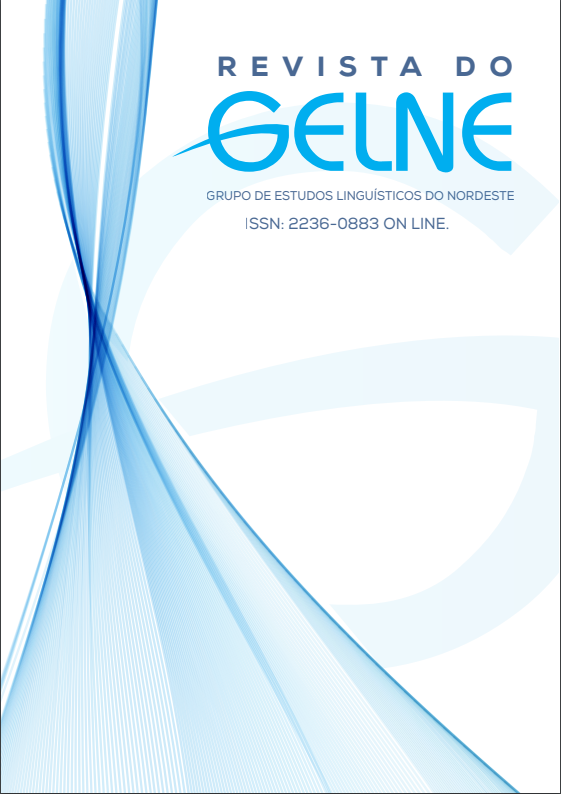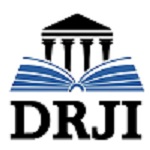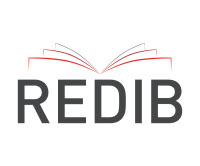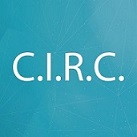"Né, minha filha?": efeitos de um vocativo no discurso cômico
DOI:
https://doi.org/10.21680/1517-7874.2023v25n1ID31849Resumo
Este artigo analisa o discurso cômico na materialidade de memes cuja emergência se deu pela retomada da formulação-origem “Solidão, né, minha filha?”. Esta estrutura se mantém particularmente estável na regularidade da forma contraída né articulada ao vocativo minha filha em uma estrutura de tag question. A formulação se deu em um episódio do programa televisivo Fantástico, quando o médico Drauzio Varella fez uma reportagem especial para mostrar as condições de vida de mulheres trans em um presídio brasileiro. Do ponto de vista linguístico, o discurso cômico reverbera enunciados clássicos como “O homem é o único animal que ri”, “Se a tragédia eleva, o cômico rebaixa”, “O cômico é um determinado erro”. Do ponto de vista histórico, reaviva a memória do riso em contexto de pandemia. Retornam as cenas de Aristófanes em contexto de guerra e a correlação disso com um dos enunciados mais repetidos em sua obra: “Que a peste o sufoque!” – alusão à peste que devastou Atenas em 430 a.C. Retornam ainda as figuras de Gargântua, de Rabelais, notadamente, nas referências feitas no romance à peste e ao riso ativo e revoltado. É possível concluir, pelos efeitos de sentido produzidos pelo discurso cômico inscrito nos memes – especialmente no que tange ao vocativo minha filha conectado à forma contraída né? –, que o riso tem três formas em nosso corpus, a saber, a desalentada, a inconformada e a revoltada.
Downloads
Downloads
Publicado
Como Citar
Edição
Seção
Licença
Copyright (c) 2023 Revista do GELNE

Este trabalho está licenciado sob uma licença Creative Commons Attribution-NonCommercial-ShareAlike 4.0 International License.

Este trabalho foi licenciado com uma Licença Creative Commons - Atribuição - NãoComercial - CompartilhaIgual 3.0 Não Adaptada.

 Português (Brasil)
Português (Brasil) English
English Español (España)
Español (España)









.jpg)




